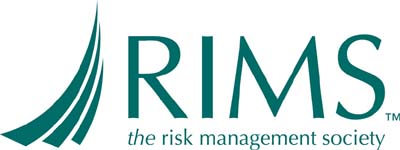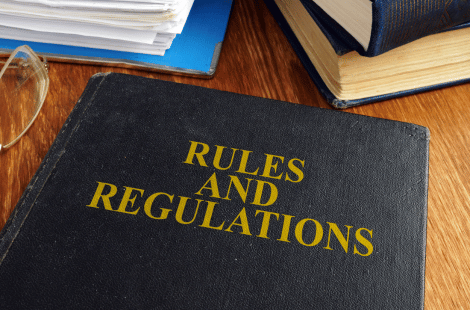
The Certified Fraud Risk Manager (CFRM) certification is designed for professionals seeking to specialize in fraud risk assessment, control implementation, and fraud prevention strategies. It validates expertise in identifying potential fraud risks, designing preventive measures, and implementing robust control mechanisms.
Benefits of CFRM Certification:
- Comprehensive Fraud Risk Management Knowledge: The CFRM certification equips professionals with a comprehensive understanding of fraud risk assessment methodologies, control strategies, and fraud prevention techniques. It covers areas such as fraud detection, investigation, regulatory compliance, and internal control systems.
- Professional Recognition: Holding the CFRM certification demonstrates a commitment to excellence in fraud risk management and proficiency in implementing effective anti-fraud measures. It is recognized and respected by employers, regulatory bodies, and industry peers.
- Career Advancement Opportunities: The CFRM certification opens doors to advanced career opportunities in fraud risk management, internal audit, compliance, and risk assessment roles. Employers value professionals who possess the expertise to protect their organizations from fraud risks.
- Continuous Learning and Networking: CFRM-certified professionals gain access to a network of like-minded experts through professional organizations and forums. This network provides opportunities for collaboration, knowledge sharing, and staying updated with emerging trends and best practices in fraud risk management.
Requirements for CFRM Certification: To earn the CFRM certification, candidates must fulfill the following requirements:
- Education and Experience: Possess a minimum of a bachelor’s degree or equivalent in a relevant field, such as accounting, finance, or risk management, from an accredited institution. Additionally, candidates must have at least three years of professional experience in fraud risk management or related areas.
- CFRM Examination: Successfully pass the comprehensive CFRM examination, which assesses candidates’ knowledge of fraud risk assessment methodologies, control implementation, fraud prevention techniques, and regulatory compliance.
- Adherence to Professional Standards: Uphold the highest ethical standards and adhere to the professional code of conduct in the practice of fraud risk management.
- Continuing Education: Maintain ongoing professional development by participating in relevant training programs, workshops, and conferences. This ensures that CFRM-certified professionals stay updated with the latest trends and best practices in fraud risk management.
Website Link: To learn more about the Certified Fraud Risk Manager (CFRM) certification and access resources provided by the certifying body, please visit their official website: CFRM Certification Website







